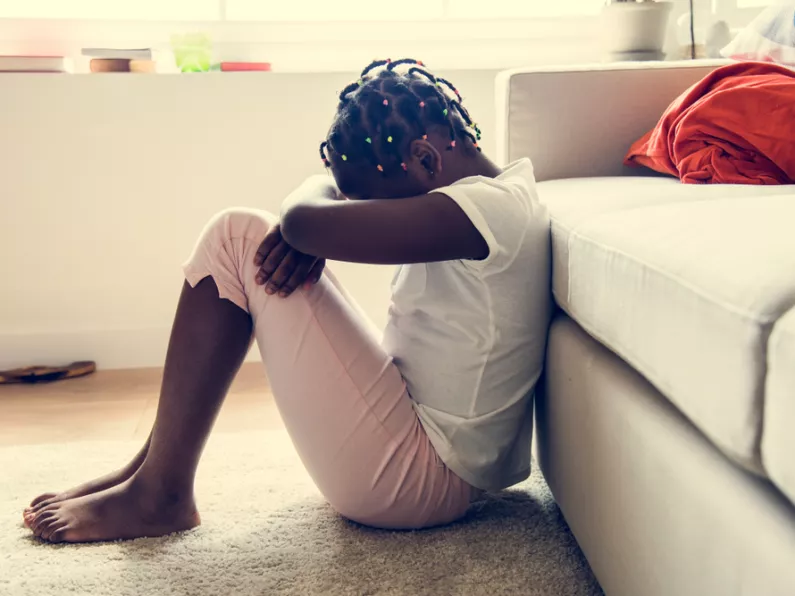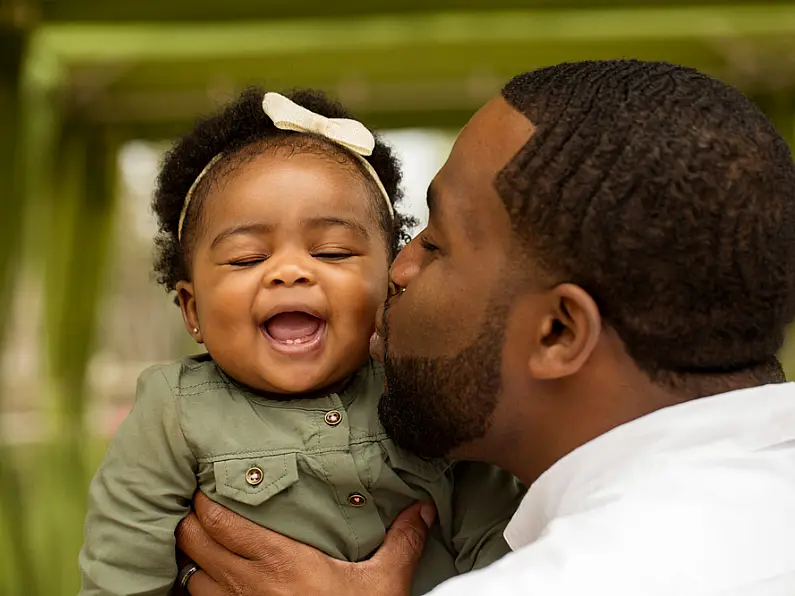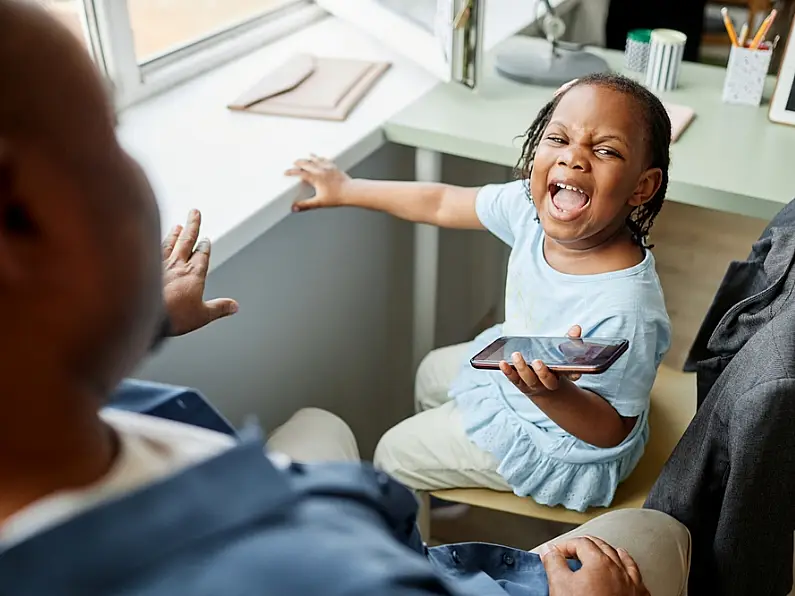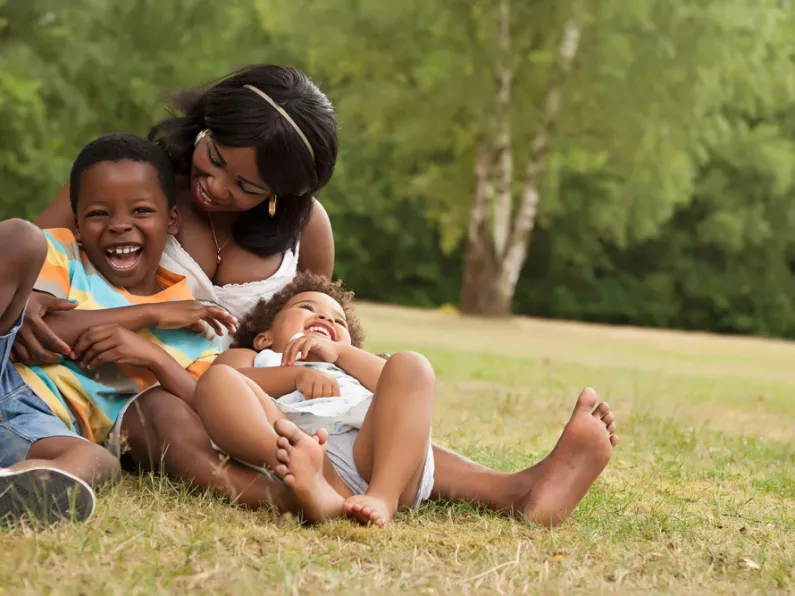It can take several forms:
- Physical (hitting, punching, beating)
- Verbal (teasing, name calling, threats)
- Emotional (intimidation using gestures, social exclusion, threats)
- Sexual
- Racist bullying
- Cyberbullying (Online harassment, hate messages, threats, impersonation, and other digital abuse)
- Hazing (forcing someone to do something that could cause harm, discomfort, or humiliation.
Finding out your child is being bullied is every parent's worst nightmare.
If you're lucky, your child will confide in you but it's usually the case that they're too scared or too embarrassed to admit what is happening to them.
If that's the case, there are warning signs you can look out for.
12 signs your child is being bullied
Here are 12 warning signs that your child is being bullied.
- They come home with torn, damaged, or missing pieces of clothing, books, or other belongings
- They have unexplained cuts, bruises, and scratches
- They spend a lot of time alone
- They seem afraid of going to school, walking to and from school, riding the school bus, or taking part in organized activities with peers
- Constantly finding excuses as to why they can’t go to school
- Takes long, out-of-the-way routes when walking to or from school
- Has lost interest in school work or suddenly begins to do poorly in school
- Appears sad, moody, teary, or depressed when they come home
- Complains frequently of headaches, stomachaches or other physical ailments
- Has trouble sleeping or has frequent bad dreams
- Experiences a loss of appetite
- Appears anxious and suffers from low self-esteem.
What to do if you suspect your child is being bullying
The above signs are common signs that your child is being bullied, but there are also signs of other abuse as well.
If your child displays any of these signs, talk with them and talk with the school staff to learn more about what’s going on.
But if you are not comfortable talking with your child’s teacher, or not satisfied with the conversation, make an appointment to meet with your child’s guidance counselor or principal to discuss these concerns.
Above all, make sure your child knows that you love them, that it's not their fault, and that you will help them.
And let them know they can talk to you about anything.
If, after talking with your child and his or her school, you don’t feel that your child is being bullied, it's important you look at other potential issues that could be causing issues.







